Creating a New Sustainability Path – One Community Weekly Progress Update #374
One Community is creating a new sustainability path with open source and sustainable teacher/demonstration hubs. These hubs will teach people DIY-replicable models for eco-living. The plans we are developing cover food, energy, housing, education, for-profit and non-profit economic design, social architecture, fulfilled living, global stewardship practices, and more.
- Here’s our project overview
- Here’s our world-change methodology
- Here’s how this becomes self-replicating
- Here’s how we are open source and free-sharing all the do-it-yourself designs
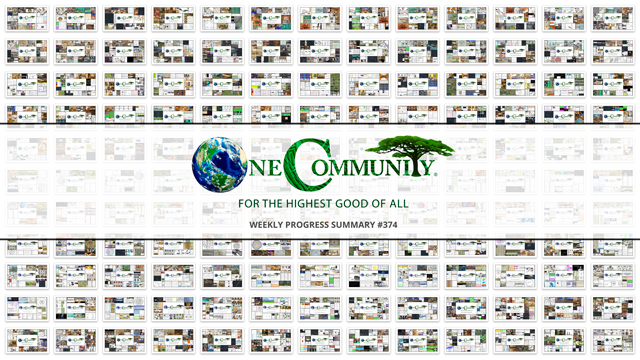
OUR MAIN OPEN SOURCE HUBS
Click on each icon to be taken to the corresponding Highest Good hub page.
One Community’s physical location will forward this movement as the first of many self-replicating teacher/demonstration communities, villages, and cities to be built around the world. This is the May 24th, 2020 edition (#374) of our weekly progress update detailing our team’s development and accomplishments:
Creating a New Sustainability Path
One Community Progress Update #374
DONATE | COLLABORATE | HELP WITH LARGE-SCALE FUNDING
CLICK HERE IF YOU’D LIKE TO RECEIVE AN EMAIL EACH WEEK WHEN WE RELEASE A NEW UPDATE
YOU CAN ALSO JOIN US THROUGH SOCIAL MEDIA
ONE COMMUNITY WEEKLY UPDATE DETAILS
HIGHEST GOOD HOUSING PROGRESS
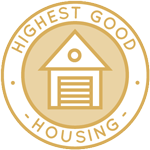 One Community is creating a new sustainability path through Highest Good housing that is artistic and beautiful, more affordable, more space efficient, lasts longer, DIY buildable, and constructed with healthy and sustainable materials:
One Community is creating a new sustainability path through Highest Good housing that is artistic and beautiful, more affordable, more space efficient, lasts longer, DIY buildable, and constructed with healthy and sustainable materials:
-
-
- Learn about us creating a new sustainability path: Our Upcoming Crowdfunding Campaign
- Learn about the different village models in creating a new sustainability path: 7 Sustainable Village Models
- Visit the open source portals for the first two: Earthbag Village OS Hub | Straw Bale Village OS Hub
-
This week the core team wrote and timed the script for the Earthbag Village walkthrough village we’ve been working on in creating a new sustainability path. You can see the script below. We’ve requested more racial diversity in the people in the video and then we’ll finalize the script and add it to the video along with music and other graphics.
The core team also resumed work on the Sustainable Site Selection, Planning, and Preparation content. This week’s focus was editing the What, Why and Factors sections. You can see some of this work below and we’d say we’re about 30% complete with this tutorial.
Dean Scholz (Architectural Designer) continued helping with the Earthbag Village (Pod 1) 4-dome cluster designs. This week was week #188 of Dean’s work and the focus this week was trim textures.
Ashwini Ramesh (Civil Engineer and Project Manager) returned to the team after almost 3 years off and continued with her 3rd week helping with the Earthbag Village cost analysis and open source tutorials in creating a new sustainability path. This week Ashwini worked on developing the BOQ further and writing the specification for the same, also evaluating the Material tables and updating the links and prices. You can see some of this work-in-progress below.
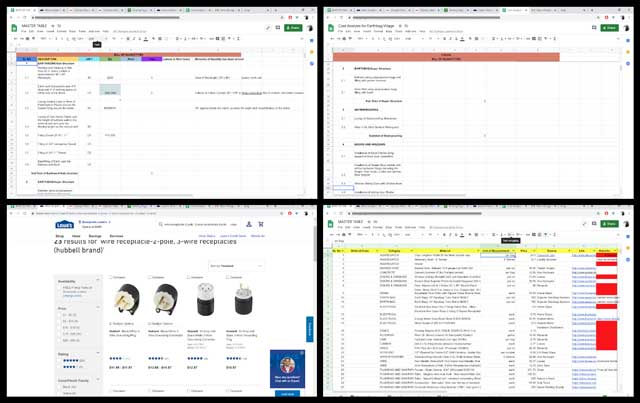
Continued Helping With the Earthbag Village Cost Analysis and Open Source Tutorials – Click for Page
DUPLICABLE CITY CENTER PROGRESS
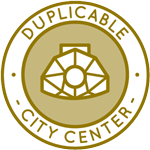 One Community is creating a new sustainability path through a Duplicable and Sustainable City Center that is LEED Platinum certified/Sustainable, can feed 200 people at a time, provide laundry for over 300 people, is beautiful, spacious, and saves resources, money, and space:
One Community is creating a new sustainability path through a Duplicable and Sustainable City Center that is LEED Platinum certified/Sustainable, can feed 200 people at a time, provide laundry for over 300 people, is beautiful, spacious, and saves resources, money, and space:
-
-
- Learn about this building and it’s function in creating a new sustainability path: Duplicable City Center Open Source Hub
-
This week the core team continued updating the Duplicable City Center 3D model to match the updated floor plans and interior design details. This week we placed art work on the wall, corrected/removed tree leaves in the ball room walls, designed area rugs for in front of the 2nd-floor windows, set second floor textures, redid the second-floor furniture placement, corrected the placement of pool and all plants, remade the opening in the dome wall for the pool door, rearranged the artistic butterflies, and added seating around the supporting posts that look like trees. Pictures of all of this works in creating a new sustainability path are below.
Radhieka Nagpal (Volunteer Researcher) also completed her 10th week researching the Most Sustainable Building Materials: Carpet, Flooring, Wood, Etc. This week Radhieka worked on writing the FAQs for the research document, referring to existing ones along with adding new questions relevant to the document. This was done in line with the formatting needed for the final output. You can see some of this work-in-progress of creating a new sustainability path below and we’d say this brings this tutorial to 60% complete.
HIGHEST GOOD FOOD PROGRESS
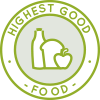 One Community is creating a new sustainability path through Highest Good food that is more diverse, more nutritious, locally grown and sustainable, and part of our open source botanical garden model to support and share bio-diversity:
One Community is creating a new sustainability path through Highest Good food that is more diverse, more nutritious, locally grown and sustainable, and part of our open source botanical garden model to support and share bio-diversity:
-
-
- Learn about the structures in creating a new sustainability path: Hoop House Hub | Aquapini & Walipini Open Source Hub
- See what we’ll be growing with creating a new sustainability path: Gardens & Hoop Houses | Large-scale Structures | Food Forest | TA
-
This last week the core team continued developing the open source permaculture design content. This week the first round of mind maps were developed for the Energy, Housing, Education, and Economics Infrastructure component which will be included under Step 2 of the Permaculture Design Case Study. You can see some of this behind-the-scenes work in creating a new sustainability path below.
Mohammad Almuzaial (Civil and Construction Engineer) continued with his 26th week helping with the Aquapini/Walipini engineering details in creating a new sustainability path. This week he added circulations pumps to the Zenapini 1 & 2 piping network, modified the back-wall pipe height to be lower than the overflow pipe by 1”, created an exploded 3D model and modified it to include the steel connections and catch basins, exported the updated models to CAD, and started the design criteria report. You can see some of this work work-in-progress below and we’d say we’re now about 93% complete with the structural details.
HIGHEST GOOD EDUCATION PROGRESS
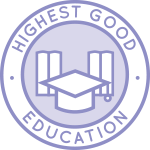 One Community is creating a new sustainability path through Highest Good education that is for all ages, applicable in any environment, adaptable to individual needs, far exceeds traditional education standards, and more fun for both the teachers and the students.
One Community is creating a new sustainability path through Highest Good education that is for all ages, applicable in any environment, adaptable to individual needs, far exceeds traditional education standards, and more fun for both the teachers and the students.
This component of One Community is about 95% complete with only the Open Source School Licensing and Ultimate Classroom construction and assembly details remaining to be finished. With over 8 years of work invested in the process, the sections below are all complete until we move onto the property and continue the development and open sourcing process with teachers and students – a development process that is built directly into the structure of the education program and everything else we’re creating too:
- Program Overview of creating a new sustainability path: Education Open Source Hub
- How the components work together in creating a new sustainability path: How to use the Education for Life Program
- Lesson Plans for Life – Lesson Plans How-to
- Foundations of Outstanding Leaders, Teachers, and Communicators
- Curriculum for Life
- Teaching Strategies for Life
- Learning Tools and Toys for Life
- Evaluation and Evolution
This week Dan Alleck (Designer and Illustrator) completed his 78th week helping with render additions and finishing work for the rooms in the Ultimate Classroom that are creating a new sustainability path. This week he continued developing the view of the central area that will show this area being used before and after for theater. What you see here is version 2 of this render with the newest additions being more items on the shelving and the addition of various people.
Zebao Chen (Structural Designer) also completed her 5th week working on the Ultimate Classroom structural engineering details. This week, Zebao updated the floor plan to add windows in individual toilet rooms for natural light and ventilation. Before the analysis of structural elements behaviors, Zebao also did research on the building code to design the structure layout and location . Zebao has reviewed the design requirements for wood structures, nonbearing walls, ceiling frame, and roof frame.
Zebao has additionally reviewed the load combination, live load, dead load, and load factors to design individual structural elements. You can see some of this work of creating a new sustainability path below and we’d say this brings the engineering of this building to 10% complete.
HIGHEST GOOD SOCIETY PROGRESS
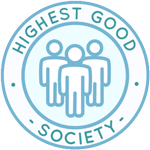 One Community is creating a new sustainability path through a Highest Good society approach to living that is founded on fulfilled living, the study of meeting human needs, Community, and making a difference in the world:
One Community is creating a new sustainability path through a Highest Good society approach to living that is founded on fulfilled living, the study of meeting human needs, Community, and making a difference in the world:
-
-
- Read the Highest Good society overview in creating a new sustainability path: Highest Good Society
- Learn about the model for fulfilled living and sharing in creating a new sustainability path: A Day in the Life
- Learn about the 4 economic models: RBE | For-profit | Non-profit | Entrepreneurship
- Learn about our open source community collaboration and management software in creating a new sustainability path: The Highest Good Network
-
This week Tengxiao Wang (Software Engineer) completed his 16th week working on the Highest Good Network software. This week Tengxiao designed the MongoDB schema and implemented the backend APIs for the timer component in creating a new sustainability path. One API can update the timer record or create the record if it doesn’t exist (called when interacting with the timer: start, pause and stop). The other can fetch the timer record from the database (called when loading the timer component). You can see some of this work-in-progress below.
Wen Zhang (Software Engineer) completed her 8th week as a volunteer working on the Highest Good Network software. This week Wen created 3 versions of mockups for the badge section in creating a new sustainability path. Badge controllers are a work in progress and the coding work was mainly at the backend. Some screenshots of Wen’s work-in-progress are below.
Alvaro Hernández (Open Source Tech Consultant, Developer) completed his 9th week as a member of the Highest Good Network software team. This week Alvaro started to research Design languages like material design that could be applied to HGNapp, he also researched prototyping tools like invision, and learned a little bit more about Progressive Web Pages and how we could benefit from this for creating a new sustainability path. You can see some screenshots of this behind-the-scenes work below.
Ross Edwards (Chief Imagination Officer, G3) completed his 5th week helping promote One Community. Ross is someone who found our project, loved what we are doing, and offered to just help contact people he (and we) thought might be interested in what we’re doing for creating a new sustainability path. This week he promoted our project and the One Community helping page to philanthropists, educators, and engineering schools. You can see this last week’s list of who he contacted below.
And Andon Ignatov (Senior Web Developer) completed his 3rd week working on the Highest Good Network software. This week Andon continued with the frontend Weekly Summary component to add new features and improvements. As part of this he converted the form notifications to now use react-toastify, made the Media Files URL a required field, experimented with implementing the weekly summary section as a modal and shared a screenshot of that on Slack with the team, added a consent checkbox for the Media Files URL, so the user is reminded to provide the required media files upon submission.
He also added tooltips to the form so more info can be provided for each field on the spot, keeping it more informative and transparent, added tabs to the component so the last three weeks of summaries can be accessed, where each week’s content is in its own tab, and implemented a Countdown Timer component to be used in the Due Date/Time box to indicate how much time has left until time is up to submit the weekly summary report. You can see screenshots of some of this work below for creating a new sustainability path.
AND WE PRODUCED THIS WEEKLY UPDATES BLOG – CLICK HERE TO SUBSCRIBE
FOLLOW ONE COMMUNITY’S PROGRESS (click icons for our pages)
INVESTOR PAGES
GET INVOLVED
DONATE ● WAYS ANYONE CAN HELP ● MEMBERSHIP
CLICK HERE FOR ALL PAST UPDATES
WHAT ONE COMMUNITY IS CREATING
One Community is creating a place to grow together and change the world together. We are creating a space that helps each other live in integrity with each other and the planet as we strive to be the greatest versions of ourselves. We do this by harmoniously respecting each other, nature, and the rest of our one shared planet.
Our goal is to demonstrate what we feel is the most sustainable, healthy, and fun environment we can create. A place based on compassion, kindness, and collaboration. This replicable community will serve as an example for what is possible.
Throughout our design process we are open sourcing and free-sharing everything needed for construction and replication. This includes what we call “Highest Good” approaches to food, energy, housing, education, for-profit and non-profit economics design, social architecture, fulfilled living, stewardship practices and more. We are creating these resources for implementation as individual components or complete developments called teacher/demonstration hubs. These hubs will help launch additional hubs as awareness and knowledge grow.
BUILDING THE FIRST OF MANY
One Community will be the first teacher/demonstration hub. It will function as an experiential-learning model that facilitates mass participation to address humanity’s most pressing challenges through: A replicable model for expansion, building seven self-sufficient village/city prototypes, becoming the world leader in open-source sustainability solutions, and evolving and expanding ALL aspects of sustainable living.
WHY ONE COMMUNITY IS CREATING THIS
The One Community self-replicating model is capable of creating a sustainable planet within 30 years. We will achieve this by establishing successful teacher/demonstration hubs on every continent. Villages include designs appropriate for each of the five main types of climates. They also include options for even the most challenged economies. These hubs will collaborate with one another, share ideas, resources, and work together as a network to heal the planet. They will also transform the global lifestyle to a more enjoyable, fulfilling, healthy, and sustainable one.
The specifics of how One Community is accomplishing this can be found on the One Community Solution Model to Create Solution-creating Models Page. Research supporting and showing the benefits of a model like this can be found on our Research and Resources Articles Archive.
Even if we don’t achieve our ultimate goal of global transformation, a self-replicating teacher/demonstration model like this will take a relatively short period of time to positively affect millions while inspiring millions more. For One Community residents (the Pioneer Team), the idea of creating and sharing the social and recreational experience with visitors is also fun, exciting, fulfilling, and an additional reason why we are creating this.
 One Community
One Community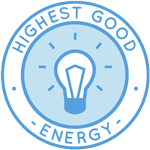
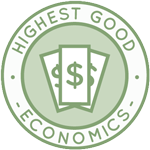
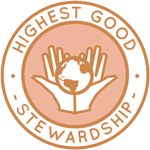

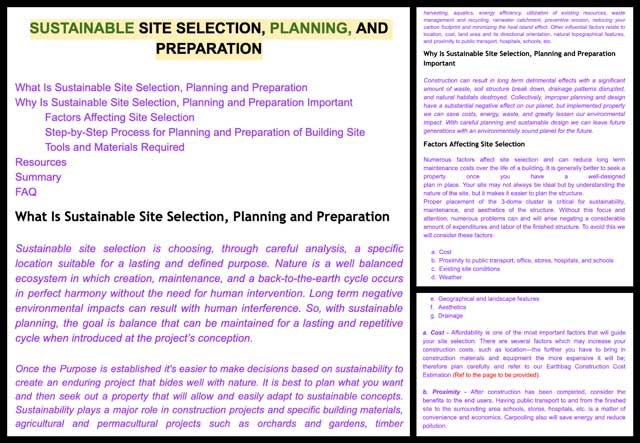
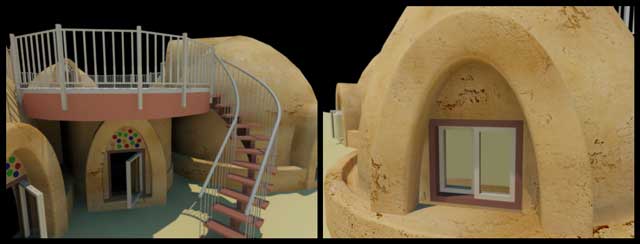
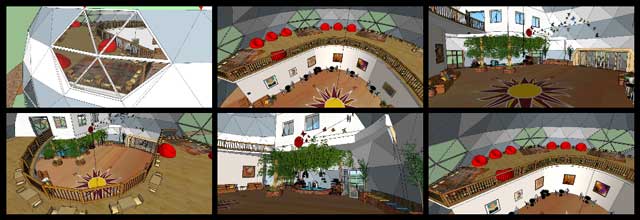

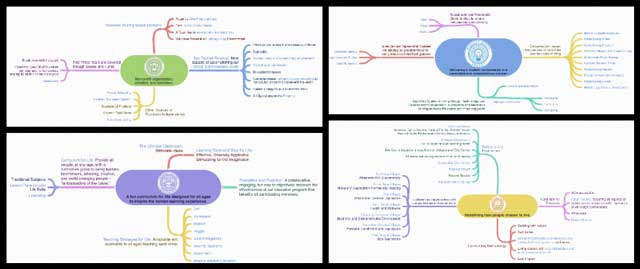
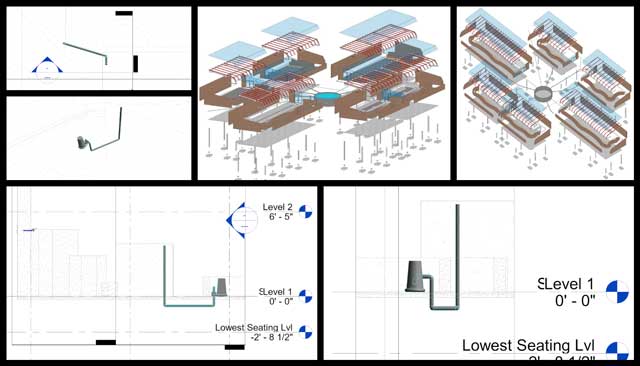
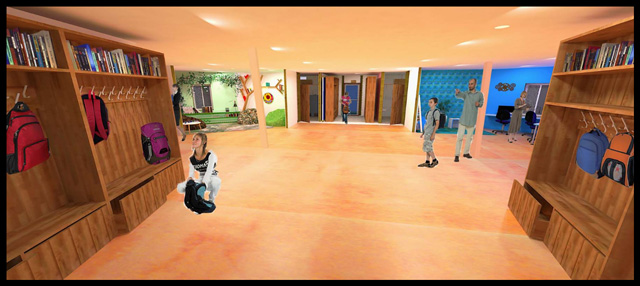
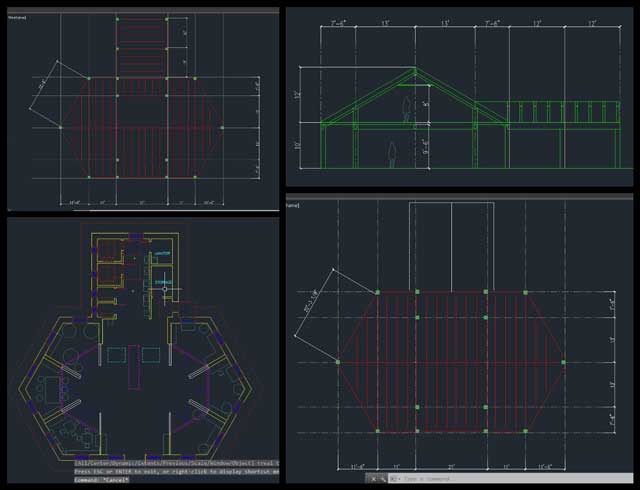

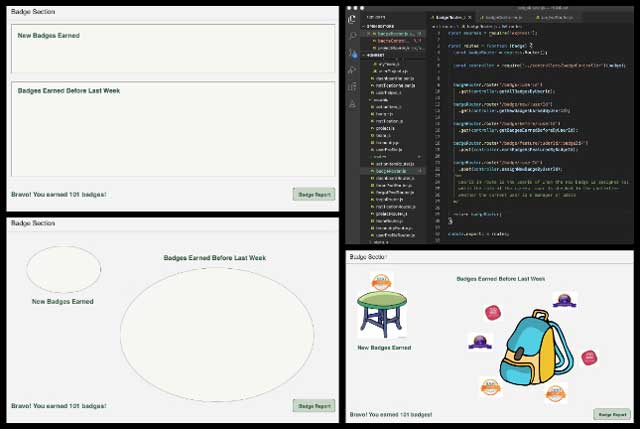
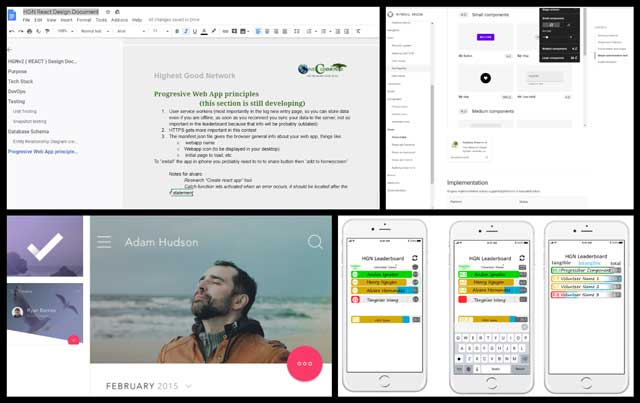
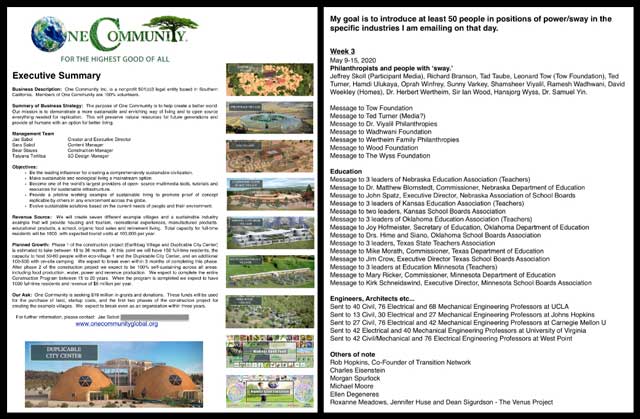
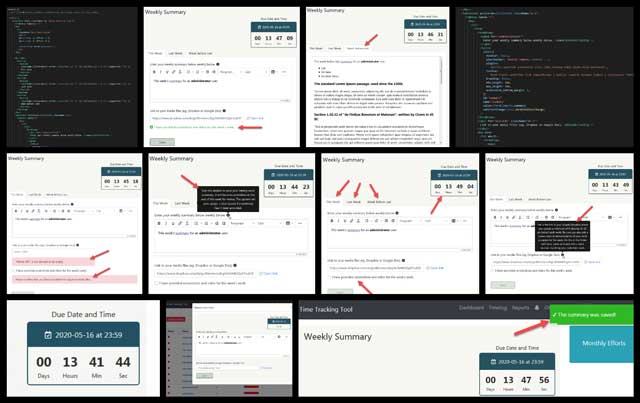



Connect with One Community